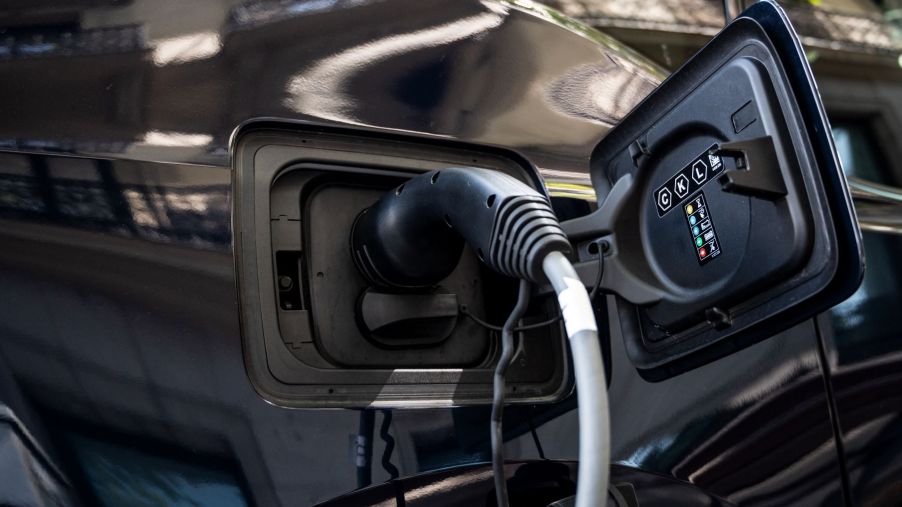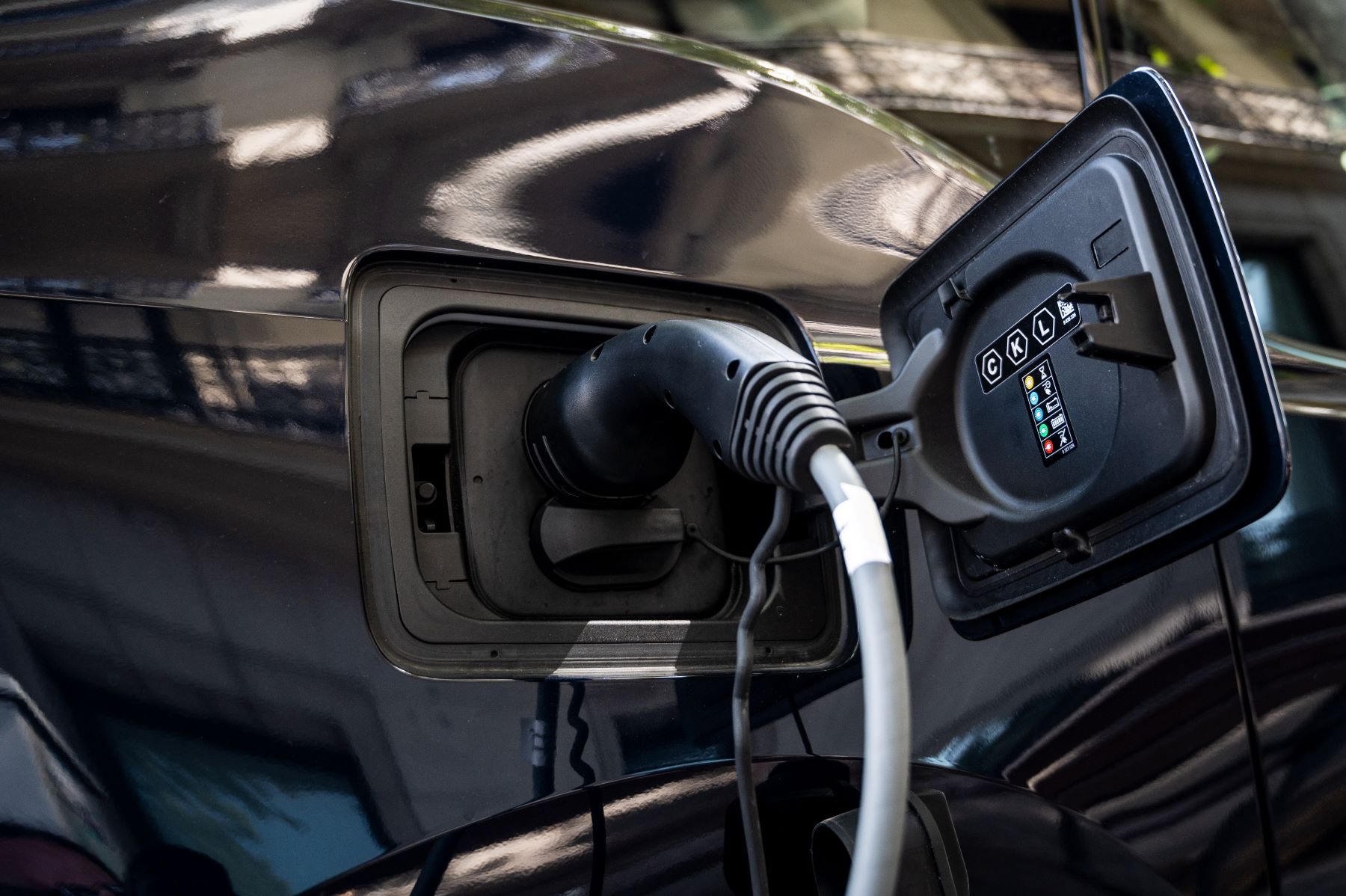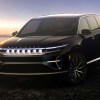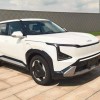
Do All Electric Cars Use the Same Kind of Charger?
With virtually every automaker making electric vehicles, you might wonder if each different EV can use the same type of electric car charger. It can be stressful enough to find an available station without having to worry if your car is compatible. One Tesla owner created an automatic EV charger with the Tesla Wall Connector home charger to make charging a little easier. And range anxiety, worrying that your battery will die before you can find a station, is a common phenomenon among EV owners. Thankfully, for the most part, all EVs can use any type of car charger. Of course, there are exceptions. Well, there is only one exception, that being Tesla.
Are EV chargers universal?

Generally speaking, electric car chargers are universal. According to Car and Driver, all EV cars use the same standard plug for Level 1 and Level 2 charging, which are also the two most commonly found EV chargers. DC chargers are not as common, but there are typically a fair number of these types of chargers in most large cities. The other option available, which is not universal, is the Tesla Supercharger. As you can probably imagine, these chargers are currently only compatible with Tesla vehicles.
How do the three different levels impact charging time?
According to Kia, there are three charging levels, and each one has a different speed. Level 1 chargers use a 120-volt AC plug, which can be plugged into any standard electrical outlet. You need a Level 1 EVSE cable standard, with a standard three-prong household plug on one end and a J1722 connector for the vehicle. Charging can take anywhere from 8 to 12 hours. Level 2 chargers use a 240-volt AC plug and are typically only available at public stations. The charging time ranges from 1 to 11 hours and is based on the battery capacity and the charging rate, which can be between 7 kW and 22 kW per hour.
The fastest level is Level 3 and uses 480-volt AC or DC plugs. Charging can be accomplished in 20 minutes to 1 hour, based on the rate, between 43kW and 100+kW, with either a CHAdeMO or CCS connector. A Tesla Supercharger can typically recharge the battery in about 15 minutes.
Are there any vehicles that can only use a specific charger?
No. All EVs produced in North America have the same standard plug that can be used with both Level 1 and Level 2 chargers. For DC charging, vehicles manufactured by Nissan and Mitsubishi use the CHAdeMO connector, while most other EVs use the CCS connector. For Tesla-specific chargers, you can purchase an adapter that will allow you to charge your non-Tesla at a Tesla charger.
As the EV market continues to expand, the need for charging stations will increase as well. Luckily, they are starting to become just as common as gas stations. However, just like with a gas vehicle, you should always be prepared and know how much juice you have left and where the nearest charger is. Perhaps road signs that warn drivers that the upcoming gas station is the last one for 200 miles will be updated to reflect the same for electric car chargers. Whether it’s gas or electric, no driver wants to get stranded in the middle of nowhere.


